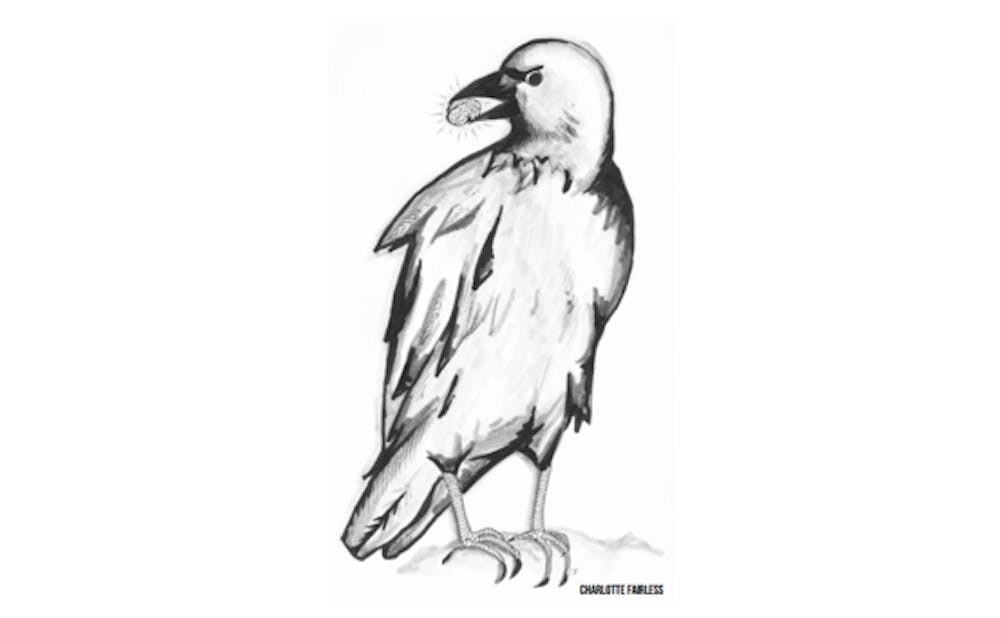I watched a video recently of a trio of prominent philosophers discussing what’s been termed as the “linguistic turn” in contemporary philosophy. In a nutshell, the linguistic turn marked a movement, beginning with Nineteenth-Century German philosopher Gottlob Frege and culminating in the work of the Twentieth-Century philosopher Ludwig Wittgenstein, where philosophers got pretty bent up over the new idea that mind, consciousness and pretty much every other metaphysical topic philosophers deal with can only be rightly understood as an aspect of our linguistic lives. Our monopoly on rationality, that special human characteristic (the consensus on which has pretty much been on the books since the Greeks), became attributed to our status as users of language that stemmed from thought which mirrors or represents some logical structure.
What’s shown by a New York Times online article from last week, however, might help illustrate some of the research being done that’s starting to challenge these preconceived notions about whether or not there’s reason to be found elsewhere in the animal kingdom. New work done with crows, which required the animals to learn and then apply tasks like picking up stones and dropping them into tubes filled with water to raise water levels, allowing them to obtain rewards. The crows were able to learn to differentiate between different variations of the test, including instances where they were presented a choice between tubes filled with sand instead of water, objects that sank or floated, and solid or hollow objects. Sometimes the crows weren’t quite as savvy, as when they were unable to learn how to deal with instances where part of the testing apparatus was hidden or how water rose more quickly in a smaller tube. The takeaway from the study is, however, that the crows were seemingly conscious of the consequences of their actions – in a sense, the crows were cognizant of the causal relationships that were at play in their actions and the tasks they faced.
Now while these results don’t conclusively prove that there’s anything exactly like the dynamics of human intelligence or human mind at play in the heads of corvids, they might make us ask whether or not our standards for admitting that mind and language exist outside of human interactions are a little too strict. Obviously, one of the defining aspects of human language is that it puts us in touch with those outside of us in such a way as to make it apparent that they have minds. When we speak with someone else, there seems to be an aspect of immediacy provided by the commonality, in a way that makes meanings and intentions available in a way that might not appear to seem possible with non-language users.
Yet at the same time, if we can acknowledge that corvids can perceive something like our own notions of causality, would it really be as controversial to make the maybe-not-so-far-fetched claim that there’s some aspect of representation going along with that perception? Two weeks ago, when Phi Beta Kappa Visiting Scholar Tyler Burge came and spoke about primitive forms of mind, it seemed as though he was more than willing to admit that some animals might be capable of rudimentary forms of perception. When asked whether or not these same animals could be said to have a mind like we do, he denied the possibility.
But if we’re willing to concede that non-human animals can interact with one another socially, or even with us socially, why are we still so hesitant to allow that these interactions might constitute some primitive form of language? Now I never had any pet more complex than a fish or two, but believe me, I’ve seen how you dog lovers out there interact with your animals. Is the way we train dogs to respond to calls or live in a house all that different from the way we teach our children how to act? The way we intuitively act about and live with our pets seems to suggest that we think that there’s meaning in those relationships; at least one thing those three philosophers I spoke of earlier were able to agree upon was that meaning can’t exist outside of language. So, it might seem relatively straightforward to there conclude that if there’s meaning in an interaction, there needs to be language.
We still, however, seem hesitant to want to admit that there’s language or mind out there in the world beyond the one contained in human heads. I think so long as we’re so unwilling to admit that there are experiencing creatures beside ourselves, we’ll struggle to rationalize acting morally towards non-human life. If you ask me, it’s an unfortunate bit of hubris.
Artwork by CHARLOTTE FAIRLESS




